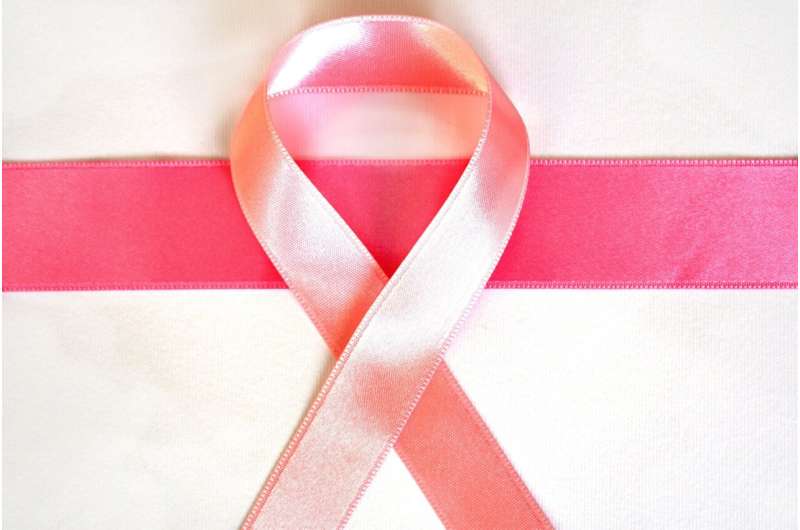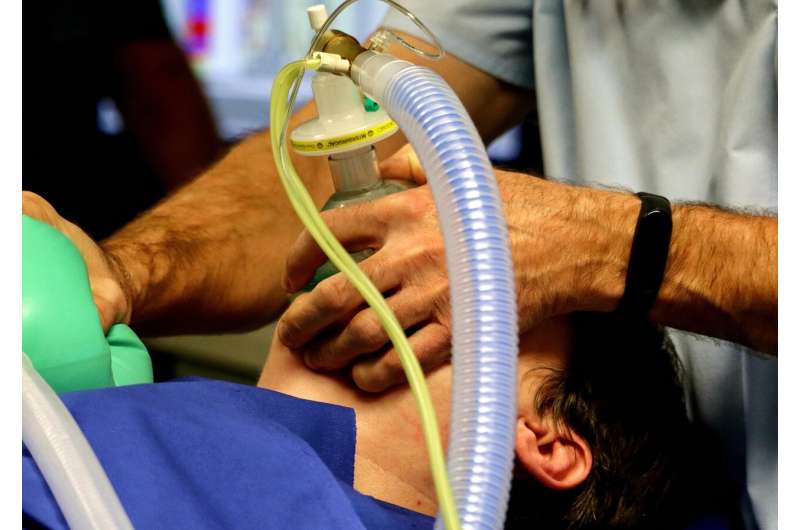Significant Weight Gain and Late Motherhood Significantly Raise Breast Cancer Risk, Study Shows

New research reveals that significant weight gain in adulthood combined with late motherhood or nulliparity greatly increases breast cancer risk, highlighting the importance of healthy lifestyle and reproductive timing.
Recent research presented at the European Congress on Obesity highlights a concerning link between substantial weight increase after age 20, late age at first childbirth, and an elevated risk of developing breast cancer. The study analyzed data from 48,417 women with a median age of 57 years, focusing on their weight changes and reproductive history.
Women who experienced considerable weight gain after their early adulthood and either had their first child after age 30 or did not have children at all were found to be nearly three times more likely to develop breast cancer compared to women who had their first pregnancy before age 30 and maintained stable weight. The research also confirms that early pregnancy offers some protection against breast cancer, while weight gain in adulthood independently increases risk.
Specifically, the study revealed that for each year earlier a woman had her first pregnancy, there was an average of 0.21 kg less weight gained during adulthood. Despite this, an early first pregnancy did not mitigate the increased risk associated with weight gain. Notably, women with over a 30% weight increase since age 20 and who delayed childbirth or remained nulliparous had the highest risk, emphasizing the compounded effect.
The findings underscore the importance of maintaining a healthy weight and considering reproductive timing as factors in breast cancer risk management. Lead researcher Lee Malcomson from the University of Manchester stated that understanding how weight gain and age at first birth interact can help healthcare providers better identify women at heightened risk and tailor preventative strategies.
Breast cancer remains one of the most common cancers globally, with 2.3 million new cases reported in 2022. In the UK alone, it accounts for nearly 57,000 cases annually. The study's insights suggest that lifestyle and reproductive choices are crucial in risk reduction efforts.
The research also found consistent results across different types of breast cancer, including ER-positive and ductal carcinoma in situ. Overall, these findings advocate for promoting healthy weight management and awareness of reproductive health's impact on breast cancer risk.
Stay Updated with Mia's Feed
Get the latest health & wellness insights delivered straight to your inbox.
Related Articles
Molgramostim Shows Promise in Treating Autoimmune Pulmonary Alveolar Proteinosis
Inhaled molgramostim demonstrates significant improvements in lung function for adults with autoimmune pulmonary alveolar proteinosis, offering new hope for treatment. Read the latest research findings.
Harnessing Virtual Cervix Technology to Improve Pregnancy Outcomes
Discover how digital twin technology is revolutionizing obstetrics by enabling personalized models of the cervix to prevent preterm birth and improve maternal health.
Unexpected Births: NZ Ambulance Teams Share Their Experiences During Sudden Out-of-Hospital Deliveries
New Zealand ambulance crews share their experiences managing unexpected out-of-hospital births, highlighting challenges and the importance of specialized emergency training to ensure safe deliveries.



